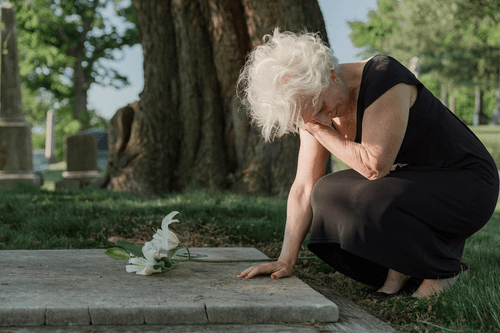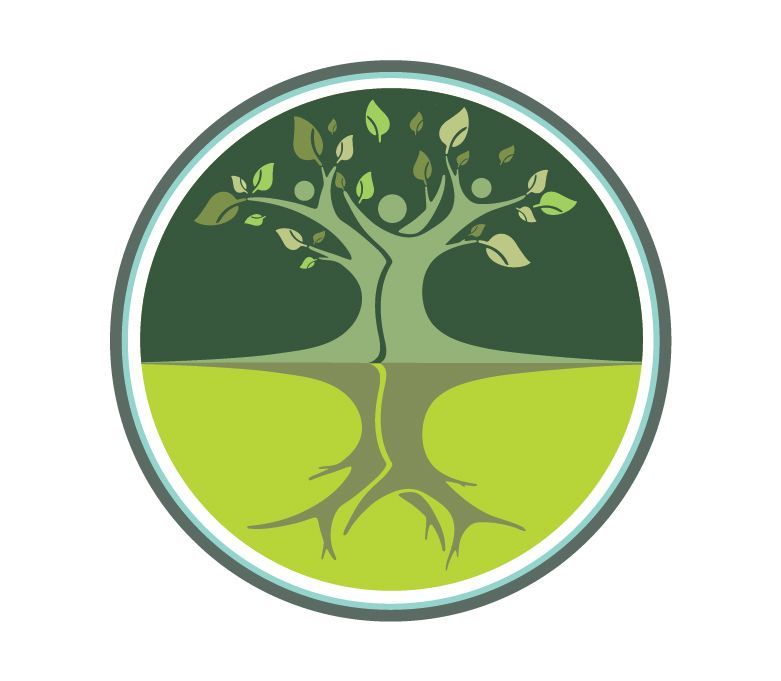Tips for Returning to Work After a Loved One's Passing

Returning to work after the passing of a loved one can be a daunting prospect. First of all, you're probably still working through your grief. Second, you have to deal with the inquiries and condolences of coworkers. While they may mean well, their good intentions can be hurtful. It's important to prioritize your own well-being and set clear boundaries during this time. Read on for some actionable tips and practical resources that can help you ease back into working life after a loss.
Take it Day by Day
Grief has a profound effect on both the body and the mind. You might be dealing with issues like anxiety, anger, and sleeplessness. All of this can make work difficult. It's important to be kind to yourself and take it day by day. Focus on small steps like exercising, eating healthy, and leaning on friends and family for support. Also, be kind to yourself if you aren't 100% at work. Verywell Mind reveals that grief can make it hard to concentrate, for example. Talk to your supervisor if you're struggling to meet deadlines or having similar problems.
Declutter by Digitizing Paperwork
Having less "stuff" in your home will make it easier to keep everything tidy now and in the long run, including decluttering by digitizing your paper records and other documents. Chances are, you’ve accumulated scores of documents over the years, and now you have other items now that your loved one has passed.
Know What to Say In Case People Ask
Some people at work may not say anything about your loss. Others may offer condolences or even ask questions. It's important to know how to prepare for these moments. Cake recommends practicing what you'll say in advance. For example, you might simply say, "I suffered a major loss and expect to be grieving for a while" or "I appreciate your sympathy." You don't owe anybody details or explanations. If you feel that you're "off" at work, you can reach for a line like, "I've suffered a loss. Please forgive me if I'm distant for some time."
Make Time for Yourself
While it can be tempting to throw yourself into work in an attempt to "forget" your grief, this can backfire. It's important to take time for yourself when needed. For example, you should be trying to sleep enough, eat nutritiously, and exercise regularly. Take time away from work to focus on your own healing if needed. Side activities like crafting or another hobby can also help with grief. It can also be beneficial to spend more time in nature, as research suggests that spending time outdoors helps to reduce stress and has a soothing effect.
Adopt A Pet
For those who are grieving, adopting a pet can often be a great way to find solace and comfort. Pets provide unconditional love and companionship which can help people begin to heal emotionally and distract them from their worries. They can also provide days filled with comfort, joy, purpose, and distraction during even the darkest of days. Going for walks or playing fetch with pets can even be an effective tool for improving physical health too. Before bringing your new pet home, visit Pets Digest for expert pet care advice.
Update Your Resume to Change Careers
After a loss, it's natural to reflect on your own life. You may find yourself reconsidering your career trajectory, for example. A well-crafted resume can open up pathways for one's future. It should charge itself with supplying insight into who you are and what you can accomplish. List all necessary information carefully and professionally, taking extra time to review for punctuation errors, typos, and grammar mistakes. Don't forget to highlight unique skills or qualifications that will benefit the employer. You can try this resume maker to design an eye-catching resume. Choose a template and then modify it by adding text, font styles, and images.
Change Jobs
If you're struggling through grief while working a job you hate, a new job may be the key to helping you move forward. Preparing a new resume is the ideal first step. It's an opportunity to reflect on your skills and accomplishments, and to think about the future. And you can
build your resume quickly with a template that offers fresh designs with professional flair and without the exorbitant cost.
Seek Support to Help with the Transition
Grieving can be a very lonely process. Resist the temptation to isolate yourself from the world. Seek help if needed. Understand the signs that you could benefit from professional mental health support. One sign you could use grief counseling is if your grief interferes with your work or you have symptoms of depression. NAMI provides tips for finding a mental health care professional that will fit your needs. These days, it's even possible to get the help you need online via teletherapy.
Returning to work after a loved one's passing isn't easy. Trust that the situation will get easier with time—and take care of yourself in the meantime. The above tips – including taking it day by day, practicing self-care, adopting a pet, and perhaps even finding a new job – can help.
If you need assistance with planning for death or making arrangement for a funeral, The Co-op Funeral Home of People's Memorial can help. You can get in touch with us by calling (206) 529-3800 or emailing info@funerals.coop.
Written by Lucille Rosetti at www.thebereaved.org.






